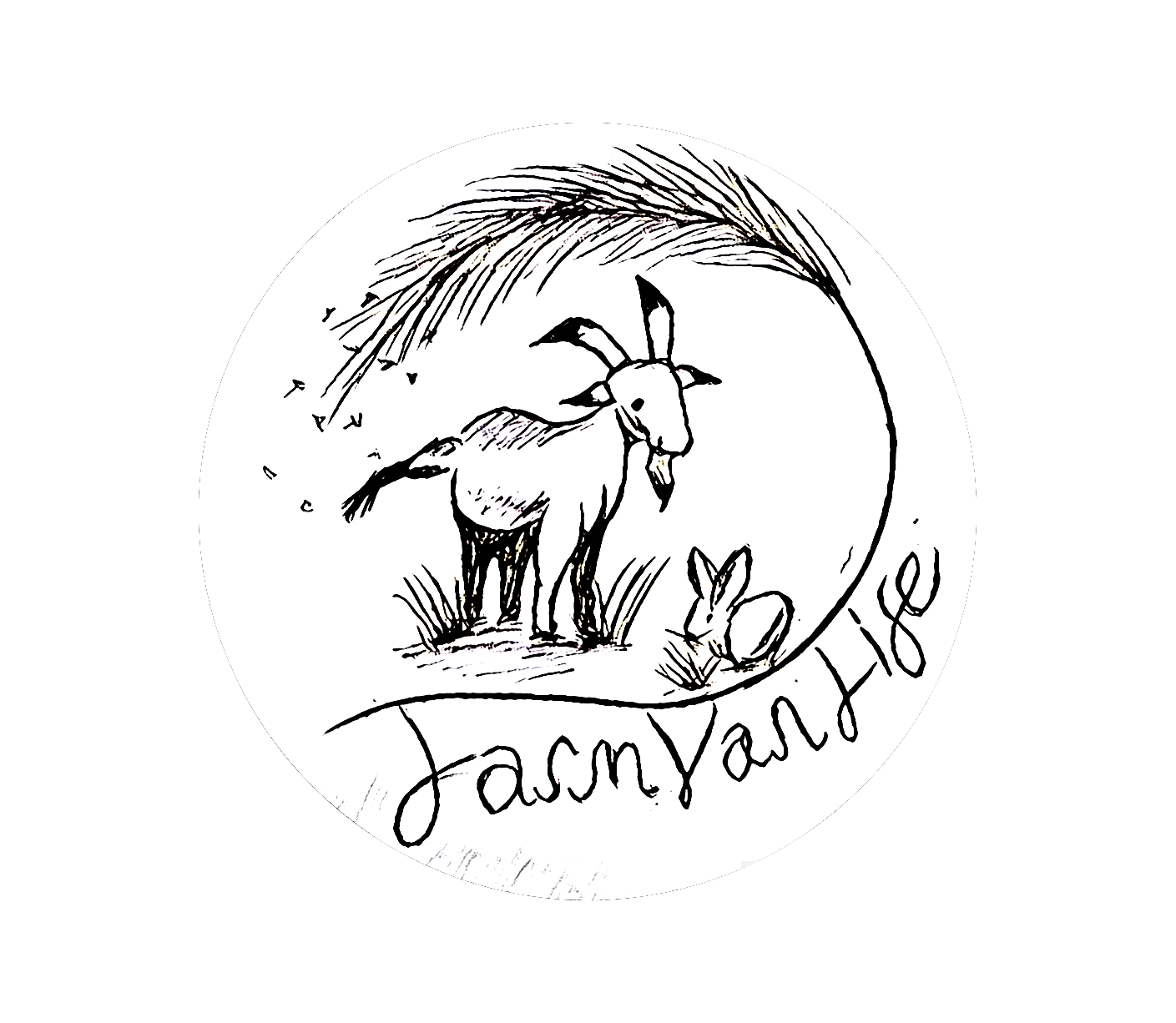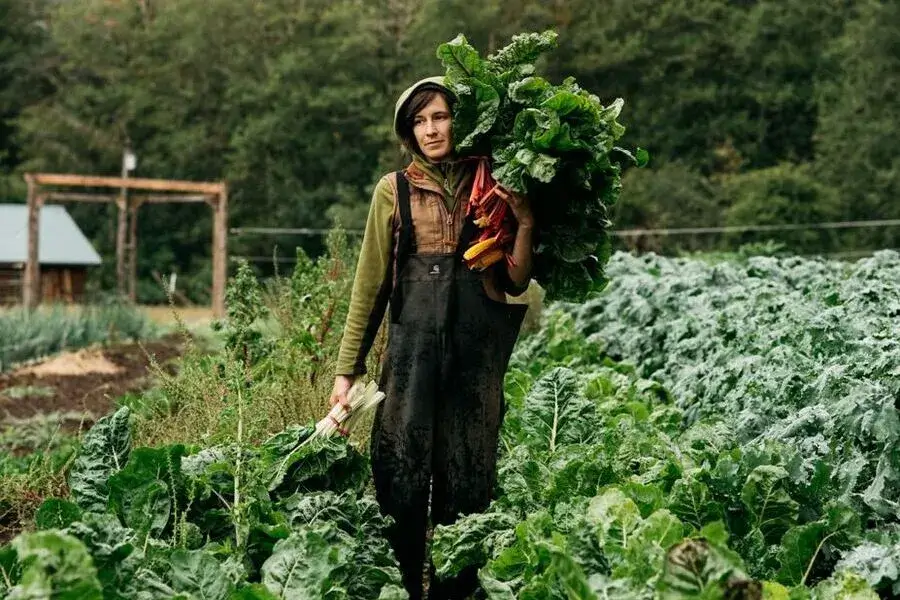In a world increasingly dominated by urban sprawl and digital connections, the idea of a village might seem quaint or antiquated. For many, the word “village” conjures up images of thatched roofs, winding dirt paths, and a slower, simpler way of life. But what does it really mean to be a “village person”? Is it a matter of geography, values, or a way of engaging with the world around you? While some people thrive on the pulse of metropolitan life, others find themselves drawn to the communal, grounded ethos of village living.
In this blog post, we will explore what it means to embody the spirit of a village person. We will delve into the values, lifestyle choices, and mindset that characterize village living.
By the end, you might discover that being a village person is less about where you are and more about who you are.
To be a village person or not to be
The term “village person” is less about where you live and more about how you live. It is about fostering connections, embracing simplicity, and finding joy in the everyday. The essence of village life—close-knit relationships, shared experiences, and an appreciation for nature—has universal appeal, even for those residing in bustling cities. So, are you a village person at heart, no matter your physical location?
The core values of a village person
At the heart of village life lies a set of core values that transcend location. These values include community, sustainability, and an appreciation for tradition.
Community and connection: Village living is often defined by a deep sense of community. In a village, you are not just another face in the crowd; you are part of a collective. People know each other’s names, families, and stories. They celebrate each other’s successes and rally together in times of need. This sense of connection fosters emotional well-being and creates a safety net of mutual support.
Even if you live in a city, you can embrace this value by cultivating relationships with neighbors, participating in local events, and contributing to community projects. Modern technology also makes it easier than ever to build meaningful connections, even if they are virtual. Being a village person means prioritizing relationships and seeing the value in collective well-being.
Sustainability and mindfulness: Village life often involves living in harmony with nature. From growing your own food to conserving resources, the village ethos encourages sustainable practices. This is not just about environmentalism; it is a way of life that values mindfulness and intentionality.
You do not need a sprawling garden to adopt this mindset. Simple acts like reducing waste, shopping locally, and being mindful of your consumption habits can align you with the village way of life. It is about recognizing the interconnectedness of all things and making choices that honor that connection.
Tradition and heritage: Villages are often custodians of culture and tradition. They preserve customs, stories, and practices that have been passed down through generations. These traditions provide a sense of identity and continuity, reminding us of where we come from.
You do not have to live in a rural area to appreciate tradition. Whether it is celebrating cultural holidays, learning family recipes, or exploring your ancestry, embracing your heritage can bring depth and meaning to your life. Being a village person means valuing the past while looking toward the future.
The lifestyle of a village person
The lifestyle of a village person is characterized by simplicity, self-reliance, and an emphasis on quality over quantity.
Simplicity: In a village, life tends to move at a slower pace. There is less emphasis on material possessions and more focus on experiences and relationships. This simplicity is not about deprivation; it is about finding contentment in what you have rather than constantly chasing what you do not.
Incorporating simplicity into your life can be as straightforward as decluttering your home, simplifying your schedule, or focusing on meaningful activities. It is about creating space—physically, emotionally, and mentally—for what truly matters.
Self-reliance: Village life often requires a level of self-reliance. People grow their own food, fix their own tools, and rely on their skills and ingenuity to solve problems. This fosters a sense of empowerment and resilience.
Even if you are far from a rural setting, you can cultivate self-reliance by learning new skills, tackling DIY projects, or becoming more resourceful in your daily life. It is about trusting your abilities and embracing challenges as opportunities for growth.
Quality over quantity: In villages, there is often a focus on quality—whether it is the craftsmanship of handmade goods, the freshness of homegrown produce, or the depth of personal relationships. This contrasts with the consumer-driven culture of quantity over quality.
You can adopt this mindset by choosing to invest in well-made, lasting items, prioritizing meaningful experiences over fleeting pleasures, and nurturing deeper connections with those around you. It is about valuing what truly enriches your life.
The mindset of a village person
Being a village person is as much about mindset as it is about values or lifestyle. It is about cultivating gratitude, embracing interdependence, and finding joy in the present moment.
Gratitude: In villages, there is often an inherent appreciation for life’s simple blessings—a good harvest, a clear night sky, or a shared meal. This gratitude fosters contentment and a positive outlook on life.
You can practice gratitude by keeping a journal, expressing thanks to those around you, or simply taking a moment each day to reflect on what you are grateful for. Gratitude is a powerful mindset that can transform how you see the world.
Interdependence: Village life thrives on interdependence. People rely on each other’s strengths, whether it is a neighbor’s carpentry skills or a friend’s culinary expertise. This creates a sense of belonging and mutual respect.
In today’s individualistic society, embracing interdependence can feel counterintuitive. But reaching out for help, offering support, and collaborating with others can enrich your life and strengthen your community. Being a village person means recognizing that we are stronger together.
Joy in the present: Villages often embody a “live in the moment” philosophy. Whether it is celebrating a festival, enjoying a sunset, or savoring a meal, village life reminds us to find joy in the present.
You can embrace this mindset by practicing mindfulness, limiting distractions, and fully engaging with your surroundings. It is about savoring the here and now rather than constantly looking ahead.
So, are you a village person? Perhaps the answer lies not in your address but in your approach to life. Being a village person is about embracing values like community, sustainability, and tradition. It is about living simply, cultivating self-reliance, and prioritizing quality over quantity. Most importantly, it is about adopting a mindset of gratitude, interdependence, and joy.
In a fast-paced, ever-changing world, the spirit of village life offers a grounding and enriching alternative. Whether you live in a bustling city, a quiet suburb, or a remote countryside, you can choose to embody the essence of a village person. After all, the village is not just a place; it is a way of being.





